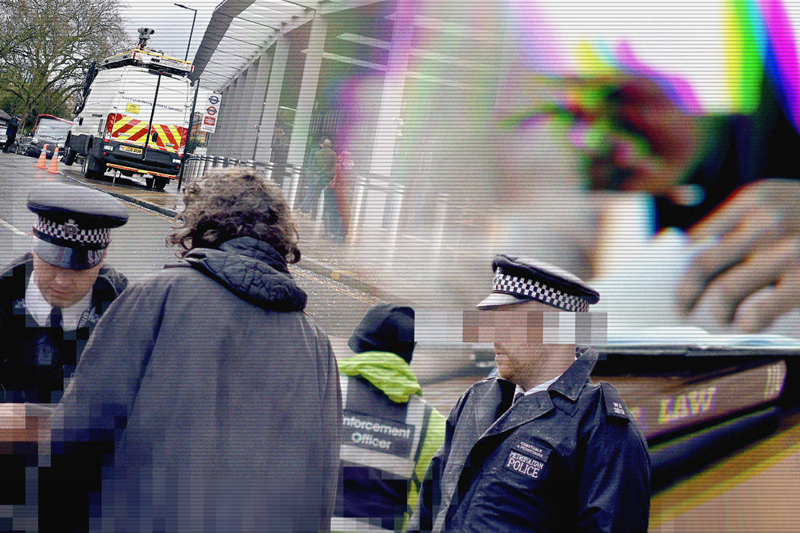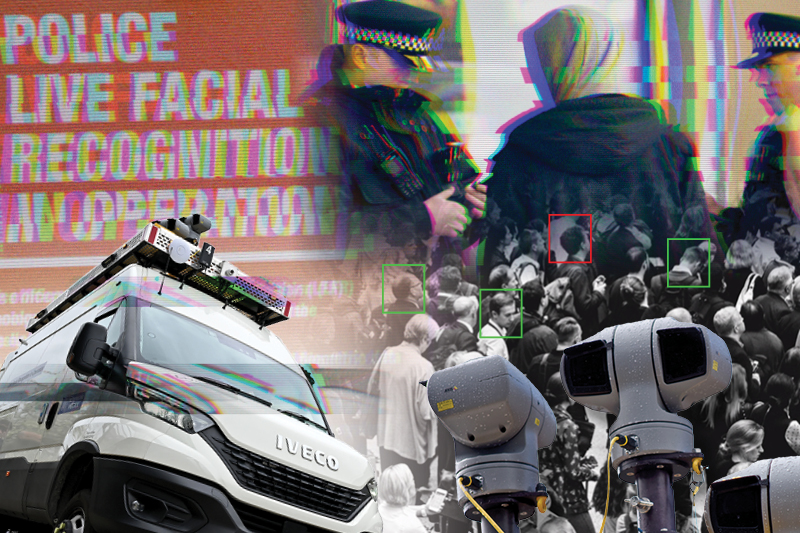The big FR debates: Legal and regulatory uncertainty
The rise of facial recognition in policing
ANALYSIS: In the last in a series of five articles looking at the big debates in police use of facial recognition (FR), extracted from this year’s ‘Facing the future: The rise of facial recognition in policing’ report, Policing Insight’s James Sweetland explores the remarkable global variations in the legal and regulatory frameworks governing FR use, and whether a more effective approach can balance the obvious risks against the potential benefits to secure the best possible outcomes for public safety.







